Masshylia project Producing green hydrogen from 100% renewable energy
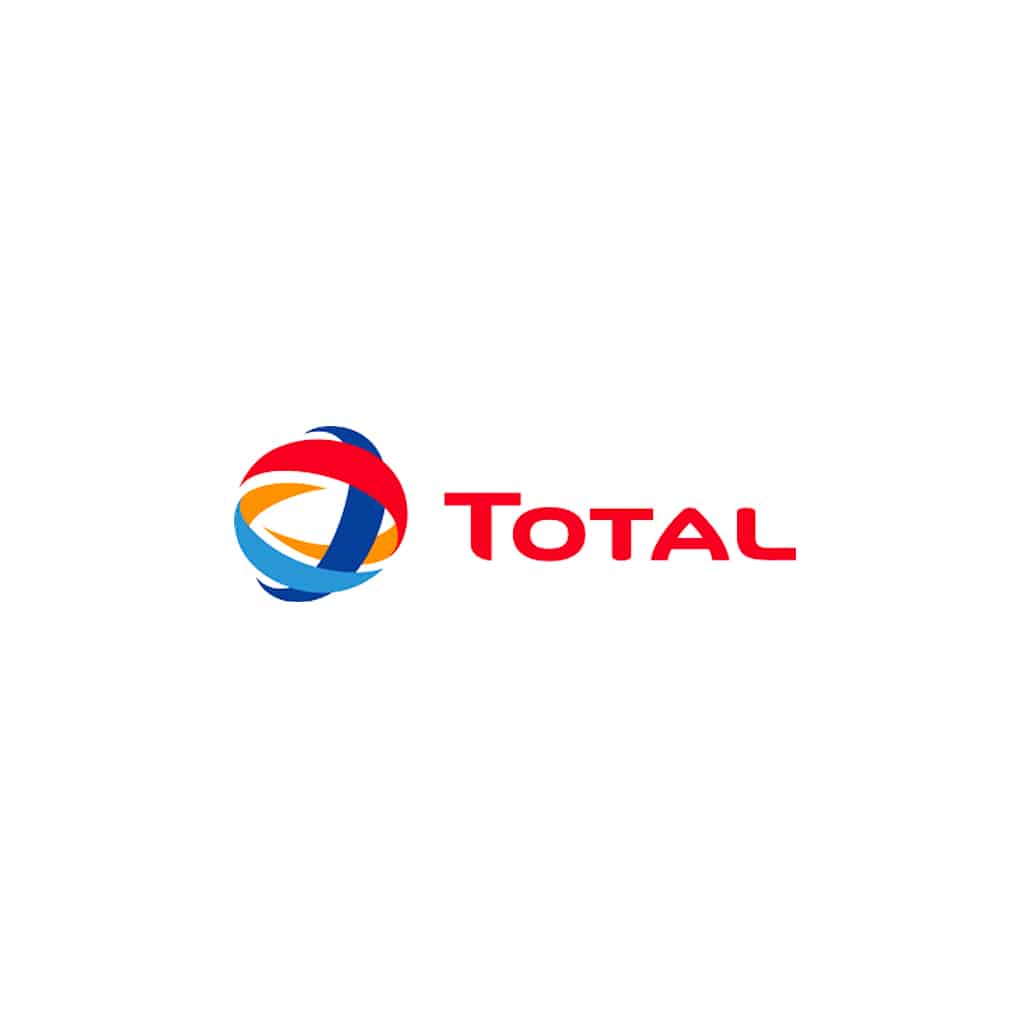
The aim of the Masshylia project is to produce decarbonized hydrogen from renewable power and the French electricity mix in order to partially meet the needs of the biofuel manufacturing process at TotalEnergies’ La Mède biorefinery as well as those of mobility uses. This is one of the first large-scale projects in France aiming to decarbonize the industry and transport.
Main project's drivers for reducing the greenhouse gas (GHG) emissions
Energy and resource efficiency
Energy Decarbonisation
Energy efficiency improvements
Improving efficiency in non-energy resources
Emission removal
Financing low-carbon issuers or disinvestment from carbon assets
Reduction of other greenhouse gases emission
Project objectives
The objective is to develop one of the largest decarbonized hydrogen production sites in France. The Masshylia project intends to contribute to the creation of a new national and regional sector, set to become indispensable for the industry, mobility, and energy storage. Fed by decarbonized electricity, Masshylia will also help reach the goals set to reduce greenhouse gas emissions over the next decades at French and European levels.
The energy transition and climate change adaptation are long-term challenges that must be addressed. Within this context, the European Union has set itself ambitious objectives to achieve carbon neutrality by 2050. La Mède, an industrial site of TotalEnergies, is fully in line with this strategy, as in 2019 already, the Company converted the refinery into a world-class biorefinery.
The conversion was the first step toward achieving total carbon neutrality on the site. In addition, the hydrogen produced from fossil fuels is now being replaced by decarbonized hydrogen. TotalEnergies and Engie, two global energy operators, partnered to develop an ambitious project consisting of producing decarbonized hydrogen through water electrolysis, one of the very first at industrial scale. The Masshylia project is fully in line with the regional hydrogen plan of the Sud – Provence-Alpes-Côte d’Azur region presented in December 2020.
The aim of the project is to maximize the proportion of renewable energies used to produce hydrogen. The renewable energy mix of the project will essentially comprise solar and wind power and the renewable share of the electricity originating from the French electricity mix.
A hydrogen storage unit at the heart of the plant is being considered to manage the intermittent nature of the renewable power feeding the electrolyzer and to meet the need of the biorefinery for a constant energy supply.
The two partners now want to fast-track the development of the sector and are considering bringing the electrolyzer into service by the end of 2025/early 2026. They are also studying the possibility of increasing its capacity to achieve a nominal power of 125 MW, equivalent to producing 15 kt/year of hydrogen.
This decision fits into an international context where France is seeking to reduce its dependency on fossil fuels and step up its energy sovereignty. The project will also help the basin of the Sud region in its virtuous energy transition, particularly the decarbonization of the biofuel manufacturing process of TotalEnergies’ biorefinery.
For the most part, the hydrogen produced will be consumed by the biorefinery. It will also serve in applications related to heavy mobility in order to develop a hydrogen ecosystem across the territory.
In addition, the project aims to create and support a Safety Center of Excellence based on local and international expertise. The Center of Excellence will develop in four key areas:
- Providing training and education on the topics related to hydrogen safety.
- Welcoming start-ups from the hydrogen sector who want to test their technologies or equipment.
- Standardizing/normalizing the links forming the hydrogen production value chain.
- Supporting R&D projects based on the development of innovative safety models.
The project will be implemented provided that financial support mechanisms and the preliminary authorizations from the competent competition authorities have been obtained. The project has submitted subsidy requests through several call for projects for the production of decarbonized hydrogen launched at French and European levels, including the IPCEI (Important Project of Common European Interest) mechanism. On March 8, 2022, the French Ministry of Economy, Finance and Recovery indicated in a press release that the Masshylia project was one of the 15 French projects pre-notified as part of the IPCEI.
The Masshylia project will serve to bring together the different players of the sector (partners, suppliers, contractors, and stakeholders), the aim being to develop a largely French and European value chain that can be replicated on other sites in France and abroad. The wide-scale deployment of this value chain will reduce costs and accelerate the development of decarbonized hydrogen uses in France.
Emission scope(s)
on which the project has a significant impact
- Emission scopes
- Description and quantification of associated GHG emissions
- Clarification on the calculation
Scope 1
Direct emissions generated by the company's activity.
Scope 2
Indirect emissions associated with the company's electricity and heat consumption.
Scope 3
Emissions induced (upstream or downstream) by the company's activities, products and/or services in its value chain.
Emission Removal
Carbon sinks creation, (BECCS, CCU/S, …)
Avoided Emissions
Emissions avoided by the activities, products and/or services in charge of the project, or by the financing of emission reduction projects.
Scope 1 : Modification of the hydrogen production process in order to avoid emissions related to the steam reforming process.
Quantité : 140 ktCO2/Year
Scope 2 : Electrolysis process powered by decarbonized electricity (GoGreen project).
Avoided emissions
Quantité : Depends on the proportion of hydrogen that will be used by clients (data unavailable).
In a conventional hydrogen production process (by steam-methane reforming), 1 ton of hydrogen produced generates approximately 9 tCO2 of Scope 1 emissions. In an electrolysis-based hydrogen production process using decarbonized electricity, 1 ton of hydrogen produced generates zero Scope 1 emissions. By producing 15 kt of decarbonized H2, 140 ktCO2 per year of Scope 1 emissions will be avoided during the first phase of the project.
Key points
Invested amount
Not disclosed
Starting date of the project
September 2020 (feasibility study)
Project localisation
The La Mède biorefinery at Châteauneuf-les-Martigues (French department of the Bouches-du-Rhône, Sud – Provence-Alpes-Côte d'Azur region).
Project maturity level
Prototype laboratory test (TRL 7)
Real life testing (TRL 7-8)
Pre-commercial prototype (TRL 9)
Small-scale implementation
Medium to large scale implementation échelle
Supported by an engineering company, the project ran technical feasibility studies in order to size the facilities required to produce hydrogen through water electrolysis.
As regards scaling up, the project involves combining existing technologies which until now had been used independently on small facilities.
The objective of the project is to demonstrate:
● The application of such a combination on an industrial scale and its replicability on other sites.
● The development of a hydrogen storage block.
● The development of Energy Management System tools to optimize the production of renewable energies and hydrogen in real time.
● The development of multi-uses.
Economic profitability of the project (ROI)
Short term (0-3 years)
Middle term (4-10 years)
Long term (> 10 years)
Illustrations of the project
This project targets the following 4 of the 17 sustainable development goals:
- SDG 8 – Decent work and economic growth: by developing a Safety Center of Excellence, in collaboration with local partners, based on local and international expertise.
- SDG 9 – Industry, innovation and infrastructure and SDG 11 Sustainable cities and human settlements: by promoting sustainable industrialization that benefits everyone and, by 2030, provides opportunities for communities in the region to reduce their environmental impact.
- SDG 12 – Responsible consumption and production: by prioritizing sustainable management and rational use of natural resources and by pooling the current utilities on the biorefinery site.
The project will help avoid around 140 kt of Scope 1 emissions per year. When it is completed, it will contribute to the carbon neutrality objectives of the region, of TotalEnergies, of France, and Europe.
The Masshylia project benefits from the support of a large number of institutional players in light of its positive consequences, such as its environmental impact, the innovative solutions it provides and its capacity to consolidate the hydrogen sector in France. More than 20 letters of support to the project were received from the regional and municipal authorities, from the port of Marseille, and from industry and mobility associations and players.
In partnership with the ENSOSP (the French National Academy for Fire Officers) and Bureau Veritas, the project has already developed a training course on the safety of industrial facilities related to hydrogen production.
In addition, TotalEnergies’ OLEUM center located on the La Mède platform will be able to propose bespoke technical training programs designed for the future professions of the hydrogen chain.
On top of these existing mechanisms, the project would also like to contribute to the creation of a European platform on the La Mède site, the purpose of which would be to welcome start-ups of the hydrogen sector seeking to test their technologies.
Contact the company carrying the project :
gloria.vendrell@total.com olivier.machet@engie.com
Total’s other projects :
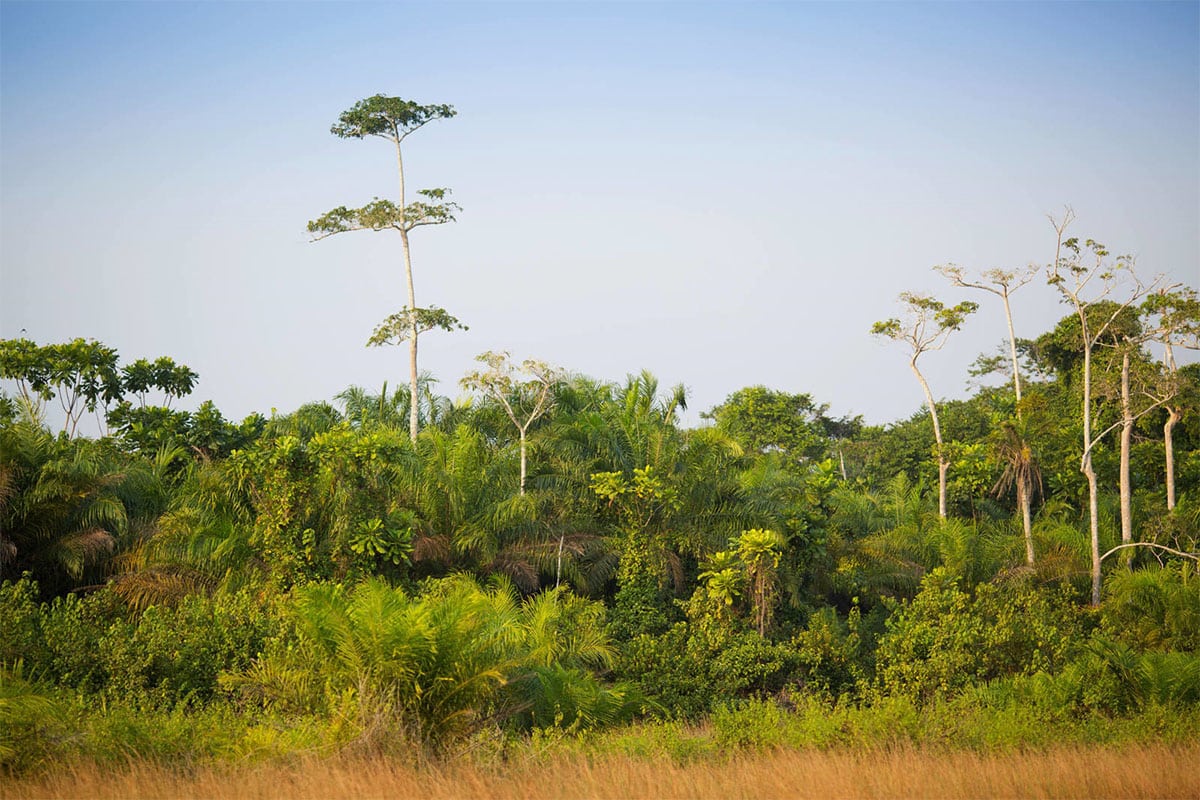
BaCaSi project : carbon sinks in Congo
A large-scale afforestation operation has been kicked off by TotalEnergies on the Batéké Plateau in partnership with the Republic …
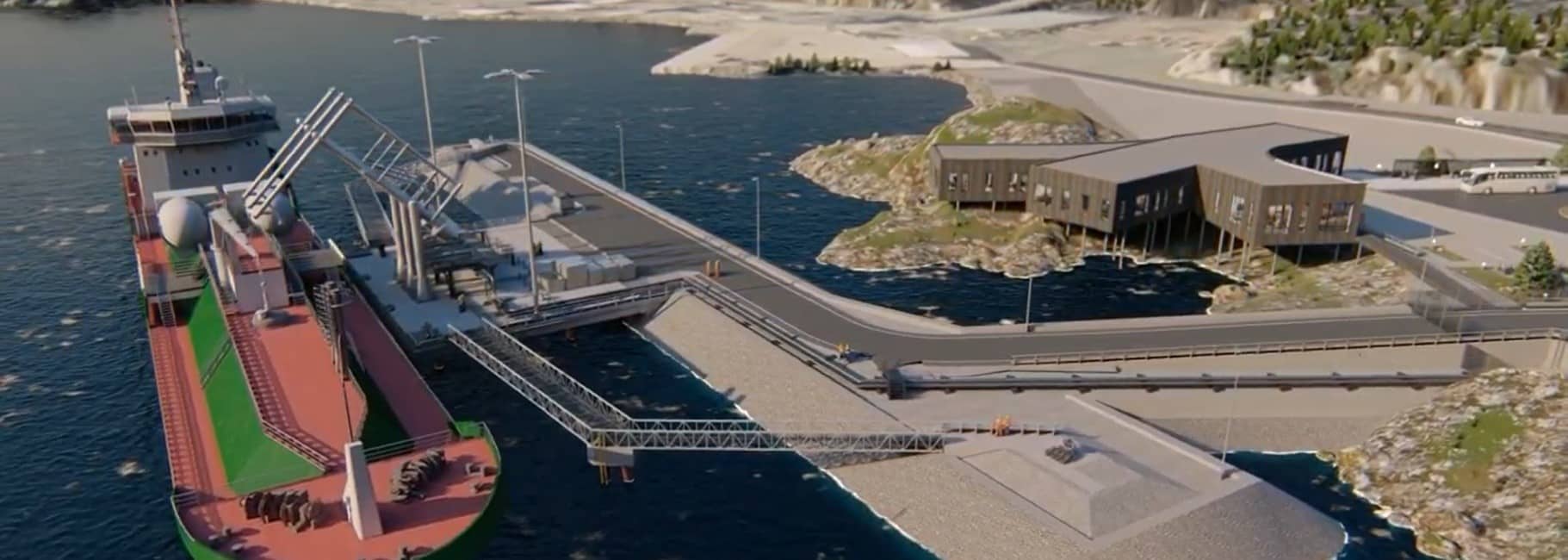
Northern Lights : a huge project to store geologically CO2
In collaboration with Equinor and Shell, TotalEnergies is developing a project in Norway to transport and store CO2 in underground geological formations located off the Norwegian coast.
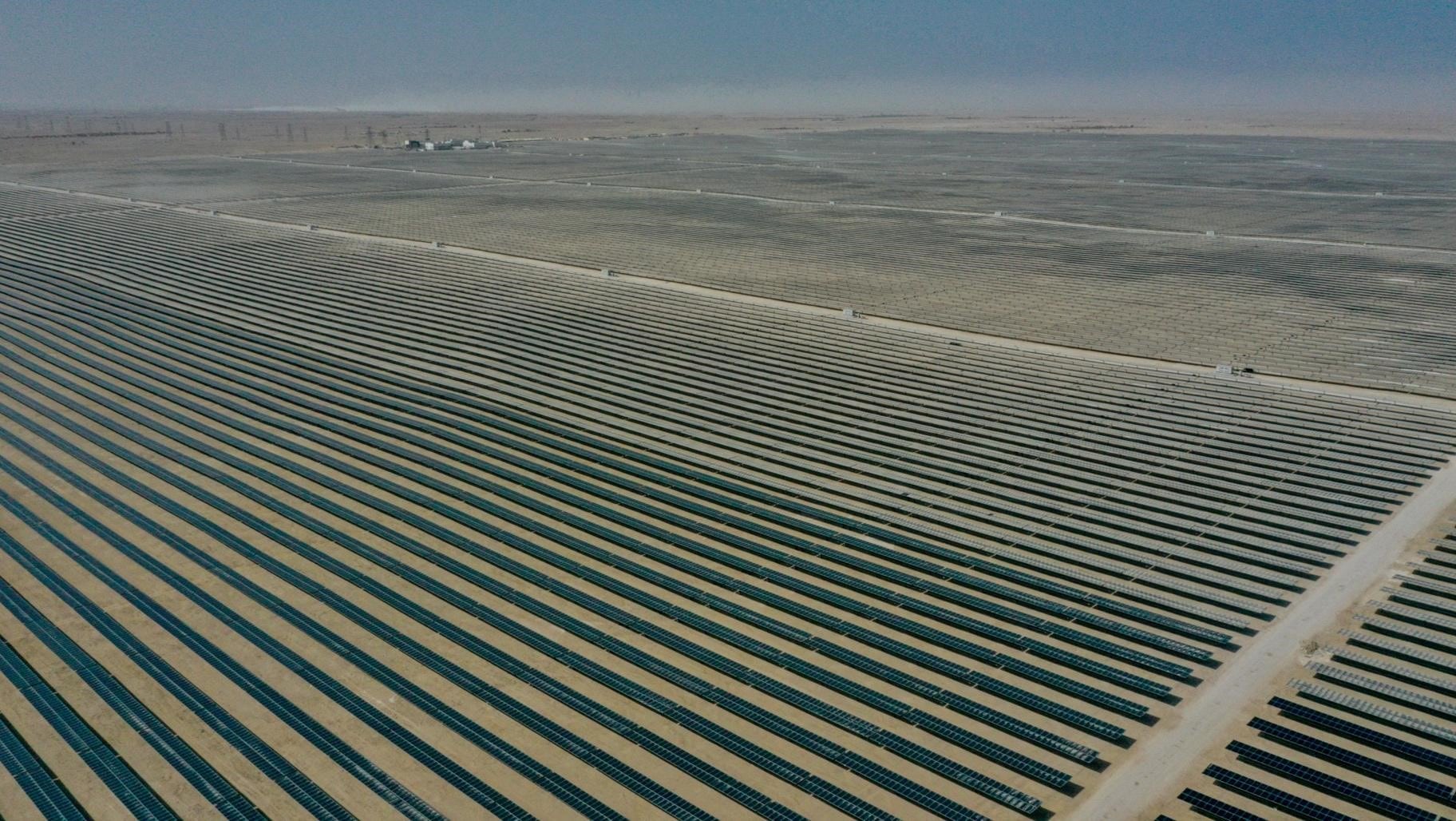
Al Kharsaah: a solar plant of 800 MW peak in Qatar
Al Kharsaah is the first utility-scale solar power plant in Qatar and will help reduce Qatar’s CO2 emissions while meeting its increasing electricity demand …
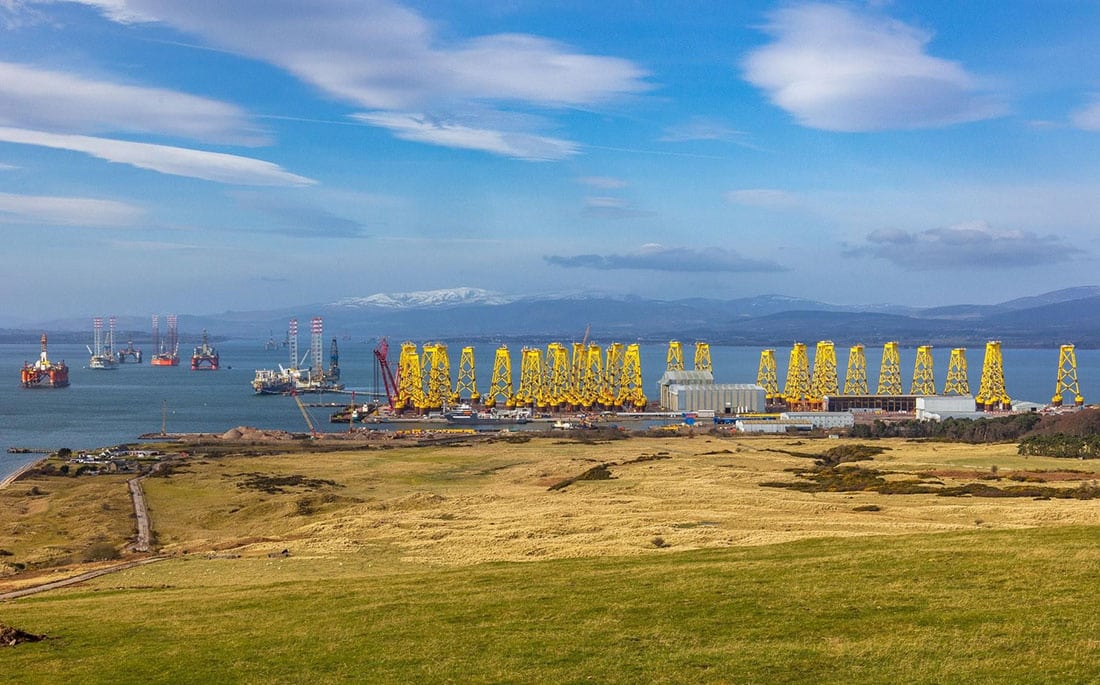
Seagreen project : the biggest wind farm off-shore in Scotland
The Seagreen Offshore Wind Farm project aims at generating green electricity from wind energy. Seagreen will be Scotland’s largest …
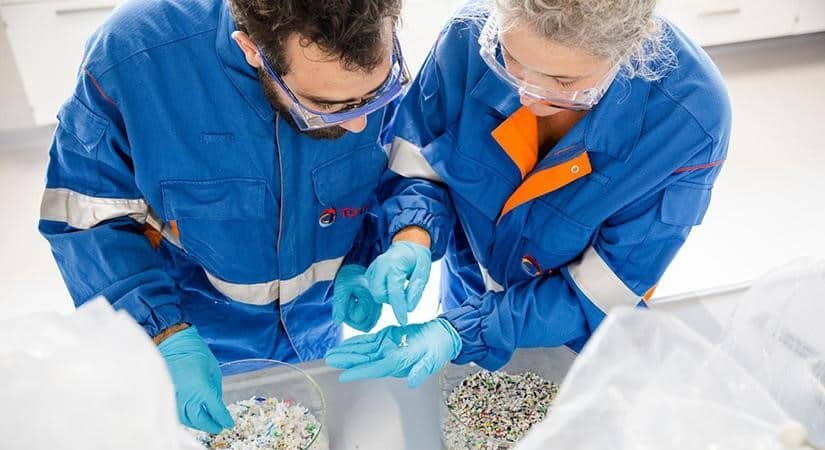
Decarbonize polyethylene: produce a sustainable plastic
Lanzatech, TotalEnergies and L’Oréal have developed an innovative solution to reduce the carbon footprint of Polyethylene (PE). They have achieved a world first in..
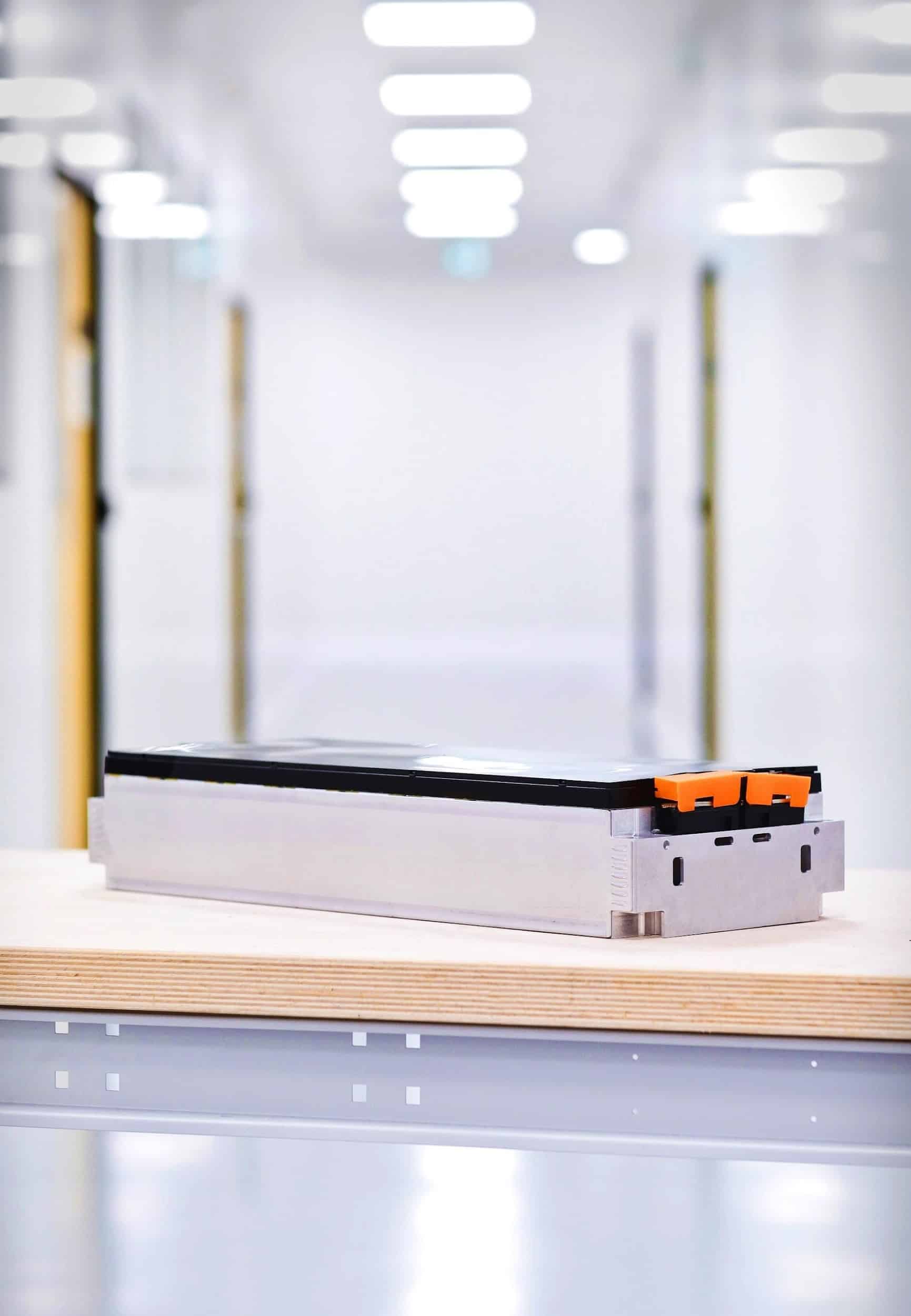
ACC project : gigafactories for battery cells of electric vehicules
The project consists in building three gigafactories for the production of battery cells and modules for electric vehicles (EV).
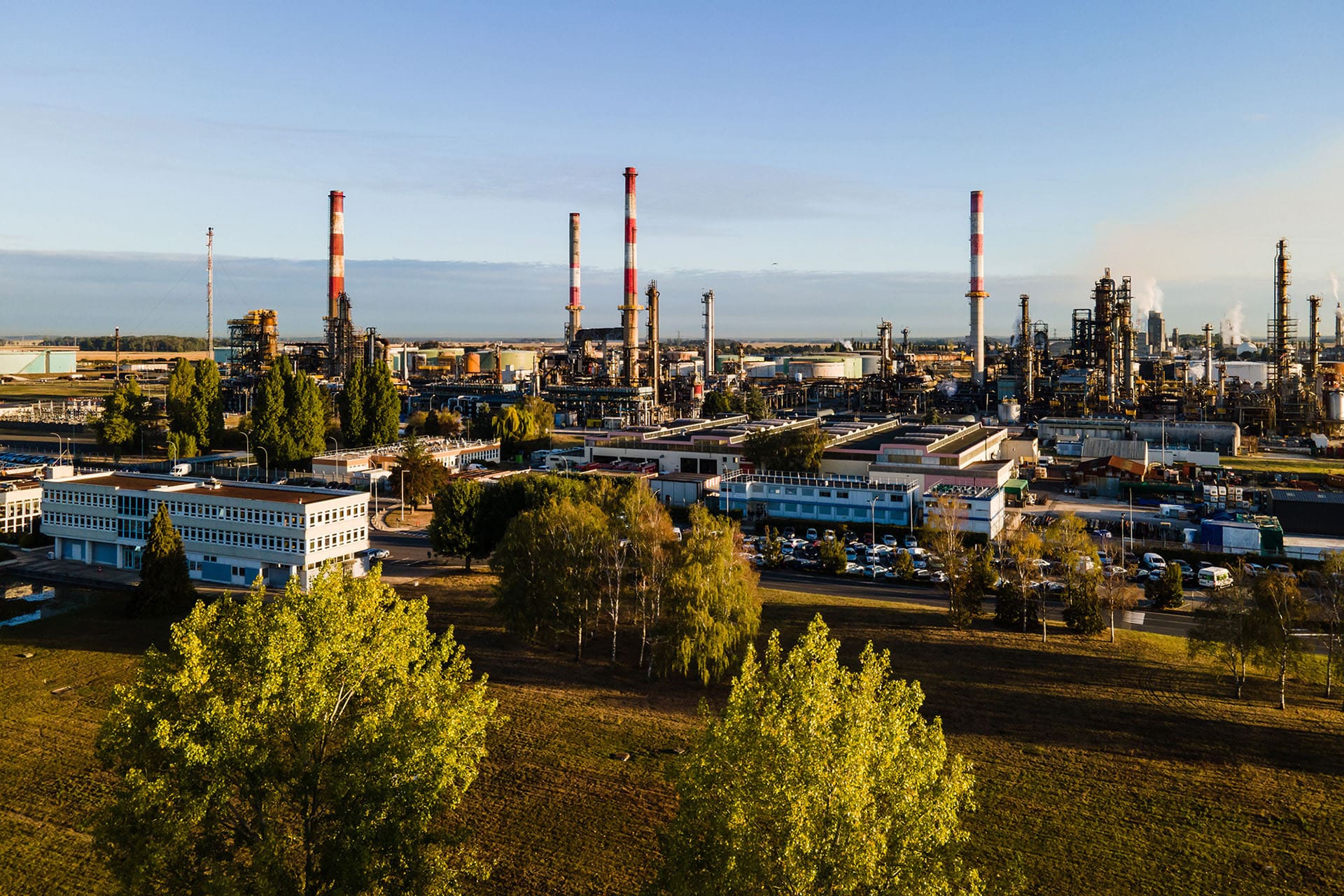
Grandpuits: transformation into a biorefinery
TotalEnergies is launching a project to transform its Grandpuits refinery into a biorefinery, by installing a production…
